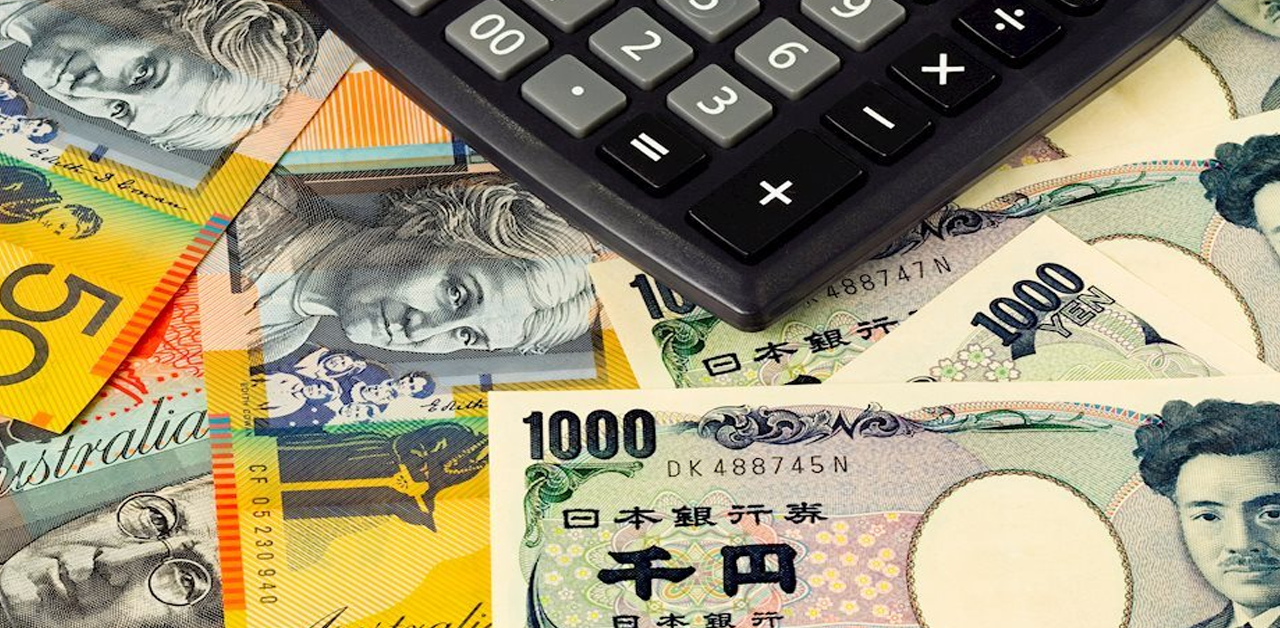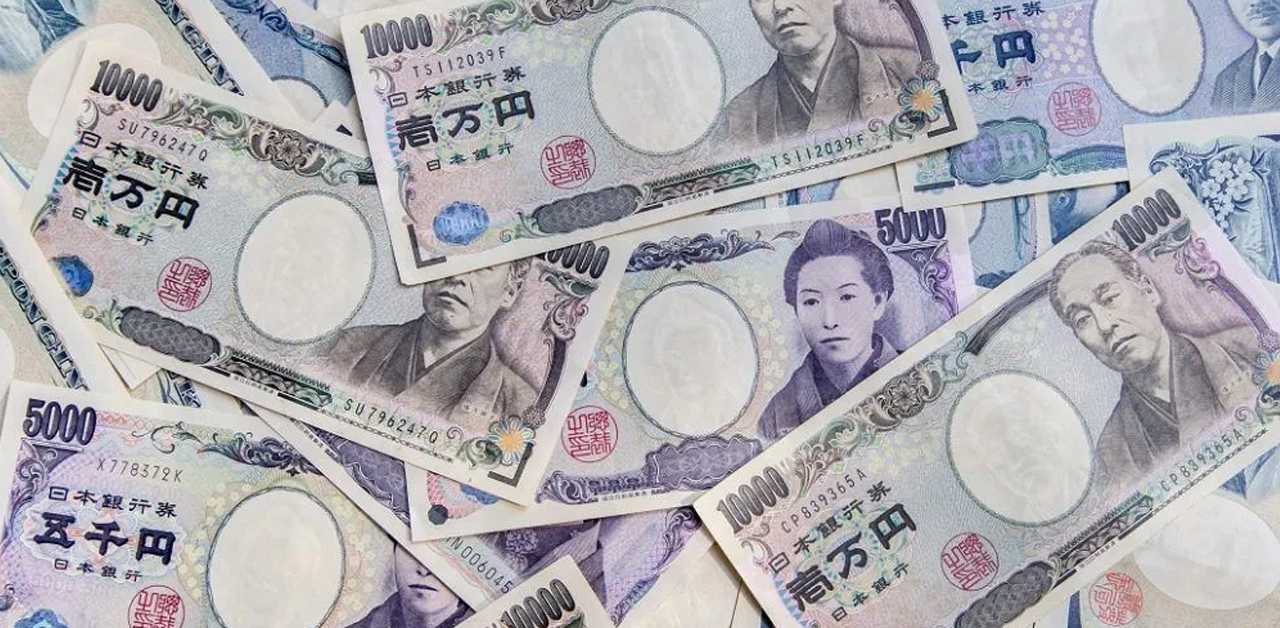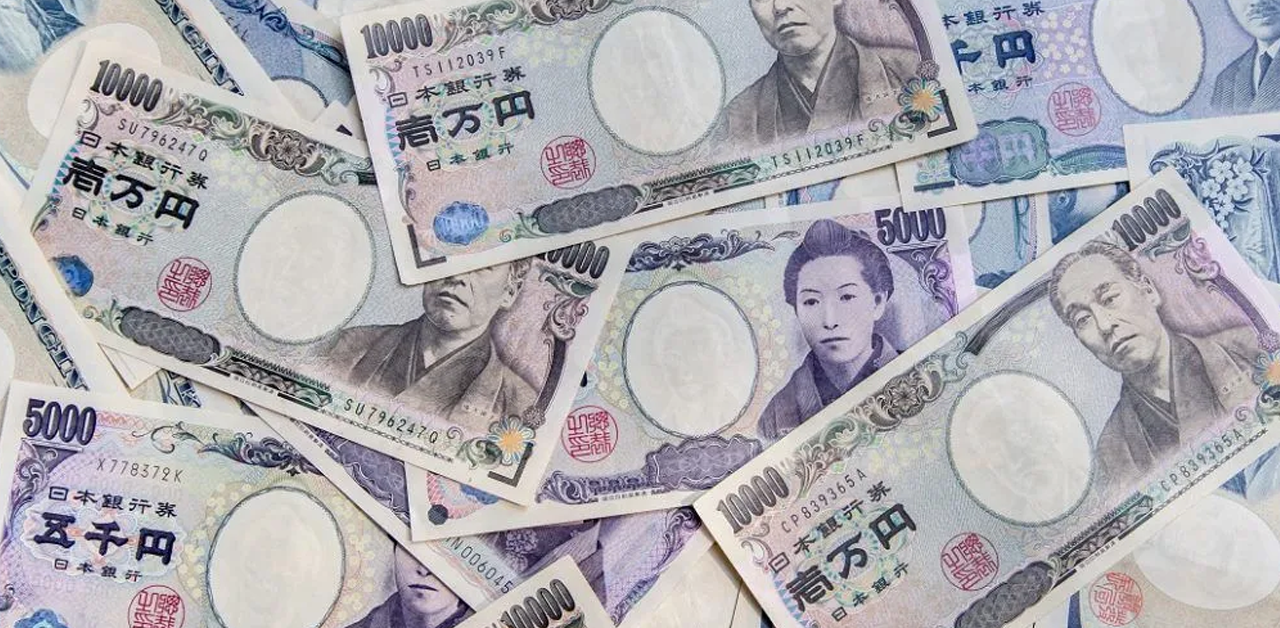Japan’s Capital Investment Grows, Indicating Economic Strength
In a landscape where economic indicators often signal mixed fortunes, Japan has observed a modest uptick in business investments, a positive note amidst a contracting economy. During the summer months, the nation’s capital expenditures on goods, excluding software, increased by 0.3% compared to the previous quarter, as reported by the finance ministry. This is a significant marker set against the backdrop of an economy that has seen an overall shrinkage at an annualized rate of 2.1%. These investment figures, painting a brighter picture than earlier third-quarter GDP statistics, are set to be included in the forthcoming revised GDP data due in early December.
The rise in capital expenditures is complemented by a substantial 20.1% increase in corporate profits from the same quarter a year ago, exceeding the expectations of market analysts. This upward trend in profits could suggest that Japanese companies have the capacity to maintain, if not increase, wage hikes—a pivotal factor for the Bank of Japan (BoJ) as it monitors the potential for easing its policy stimulus.
However, this cautious optimism is contrasted by the less-than-expected robustness of the data against the projections of the BoJ’s own Tankan survey. The survey had predicted a more significant surge in corporate spending plans for the fiscal year, which has yet to be fully realized, reflecting a cautious stance from companies wary of the global economic environment.
In a separate vein of positive economic news, labor market conditions in Japan have shown signs of strengthening. October saw the unemployment rate dip to 2.5%, the lowest since June, with the job availability ratio climbing marginally, signaling more jobs per job seeker. This data could imply that corporate sentiment over the summer may have been more resilient than previously estimated.
Despite these optimistic indicators, the Japanese economy still faces the challenge of gaining enough momentum to encourage the BoJ to scale back on its economic stimulus measures. Analysts continue to voice concerns over the viability of Japan’s economic recovery, especially with the looming threat of a potential contraction in the current quarter. The specter of a technical recession hangs over the nation as it grapples with slowing overseas economies and tepid consumer spending domestically, compounded by rising inflation.
The narrative that unfolds from Japan’s recent economic data is complex, with layers of resilience interwoven with caution. As the country navigates these uncertain times, the BoJ, policymakers, and market observers alike will be watching closely to see if the seeds of capital investment and labor market improvement will bear fruit in the form of a sustained economic recovery.











